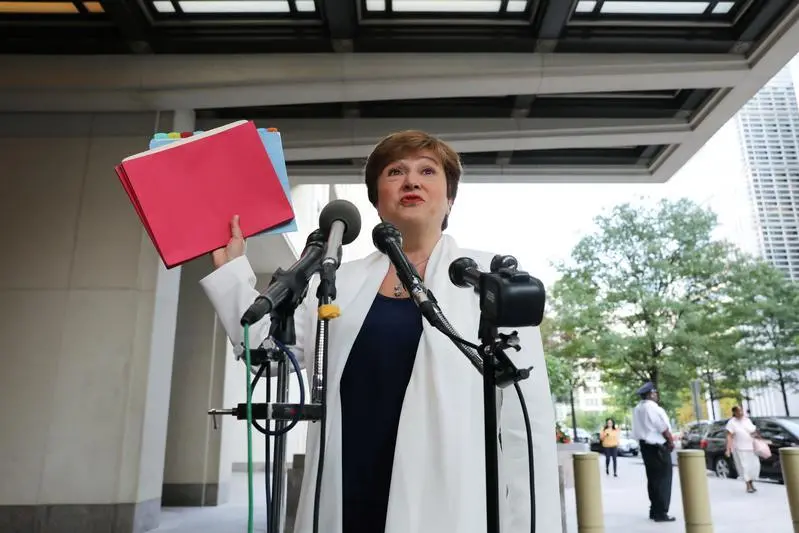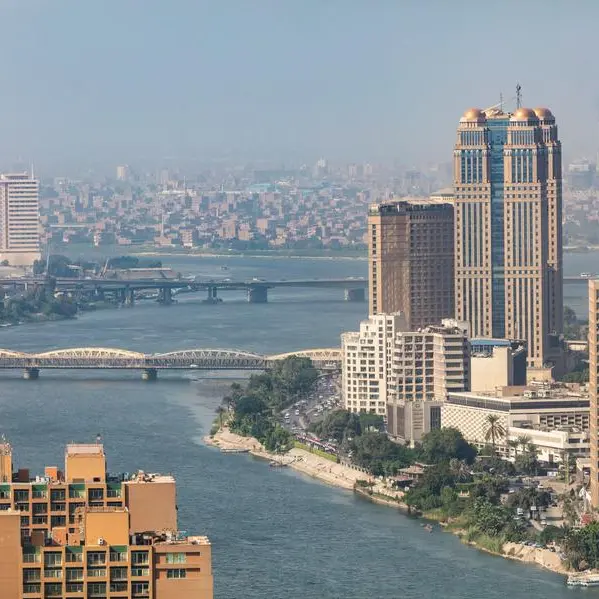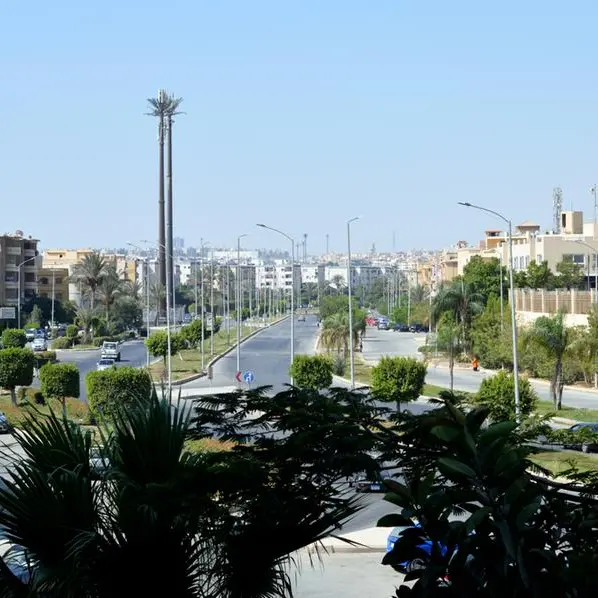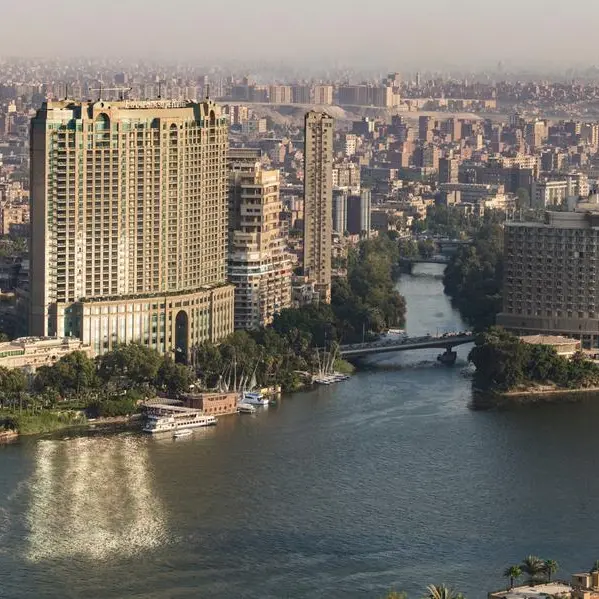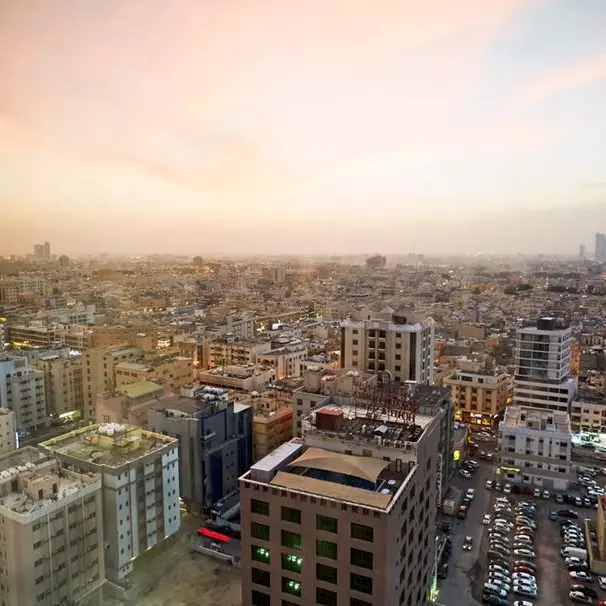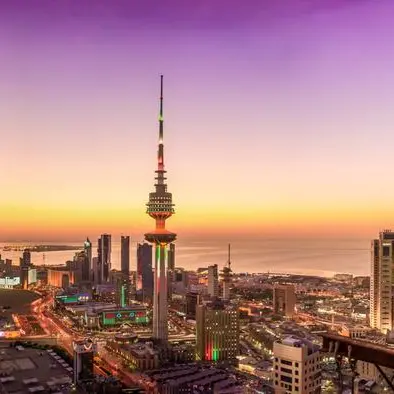PHOTO
LONDON - The International Monetary Fund’s crystal ball is murkiest about some of the things which matter most to the global economy. Unfortunately, the countries most responsible for the cloudy outlook are also the ones least likely to heed the international lender’s advice.
The IMF on Tuesday cut its global growth forecast for this year to 3%, potentially the weakest in a decade, from the 3.3% predicted in April. Its 2020 projection is now 3.4%, compared with 3.6% previously, but even this recovery is deemed “precarious”. Blame frictions over commerce. The fund’s new boss, Kristalina Georgieva, said last week the projected global GDP lost to trade conflicts could by 2020 amount to a cumulative $700 billion, approximately the size of the Swiss economy.
There were big downward revisions for advanced economies in Asia, such as South Korea and Singapore, that are particularly exposed to trade friction and slowing Chinese growth. Europe’s traditional export powerhouse, Germany, is now forecast to grow just 0.5% while Italy is seen flatlining. The worry is that major central banks, which have already pre-emptively eased monetary policy, are running out of firepower. Also, the suffering of a few can quickly infect many.
Emerging markets have grown more accessible to foreign investors and, as a result, move more in lockstep with each other than they used to. For example, as much as 70% of the swings in local currency emerging market debt can be explained by a common outside factor, rather than country-specific effects, according to the Institute of International Finance. Even economies which have flexible exchange rates and borrow in local currency are therefore vulnerable to global shocks.
IMF Chief Economist Gita Gopinath offers simple advice: undo trade barriers and curb geopolitical tensions. She also wants countries with fiscal wiggle room to spend more, calling out Germany by name. But the main protagonists in the trade wars – the United States and China - have their own axes to grind, and Berlin is reluctant to ditch its cherished balanced budget goal. Unlike the problem emerging markets of old, the IMF has little leverage over any of them. Georgieva’s challenge as the powers assemble in Washington, D.C. this week is to make them see sense regardless.
CONTEXT NEWS
- The International Monetary Fund on Oct. 15 cut its global growth forecasts for 2019 and 2020 to 3% and 3.4% respectively. That compared with its April prediction that the world economy would grow 3.3% in 2019 and 3.6% in 2020.
- IMF Chief Economist Gita Gopinath said that while global growth was expected to improve modestly in 2020, “this recovery is not broad based and is precarious”. She also said that downside risks to the outlook were elevated and that a realisation of some of these risks could lead to an abrupt shift in sentiment and expose financial vulnerabilities that had built up over years of low interest rates.
- The IMF and World Bank annual meetings are taking place in Washington, D.C. from Oct. 14-20.
(Editing by Richard Beales and Oliver Taslic)
© Reuters News 2019
